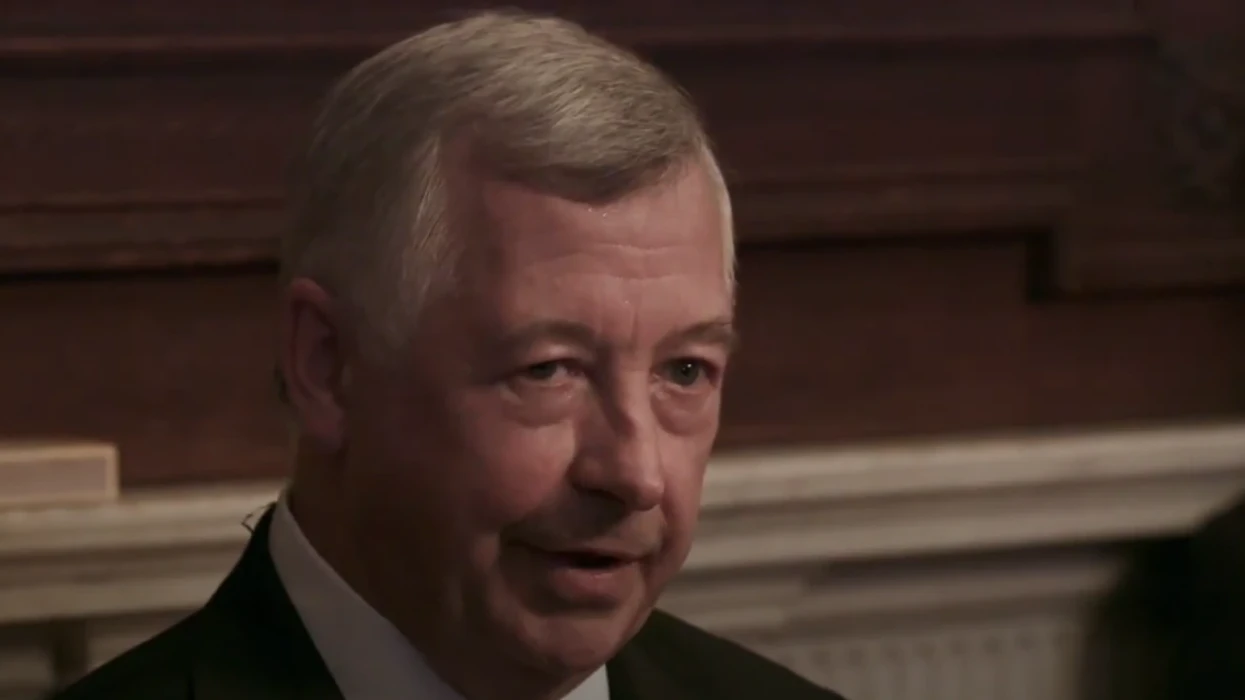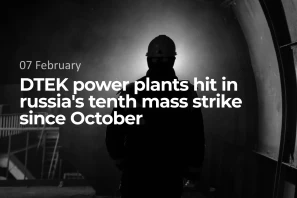Ukraine is to develop a national economic strategy, design to deliver growth and jobs in the country to 2030. Now it needs an energy plan to help deliver those ambitions.
The preparation of a ten year economic strategy is an important moment for Ukraine. The manner in which that strategy is being been developed is also significant and impressive – an open process led by Ukrainians who know what they are talking about. This is a sharp contrast to many other countries whose leaders employ international consulting firms at huge cost to produce reports which are vastly over optimistic and show little knowledge of the reality of local economic life.
Now that the first phase of the economic strategy has been completed it is time for the major individual sectors to show what they can do for Ukraine. Of these few are more important than energy. Energy can be a source of economic growth and a contributory factor to national security and trade. If supplies are sufficient, and available at a low cost, energy can be a source of competitiveness for many other activities across the economy. All this depends of course on the resources available. The scale of Ukraine’s natural resource wealth often gets ignored but in reality is considerable.
According to BP’s authoritative Review of world energy data Ukraine holds 38 bn cubic ft of proven gas reserves as well as over 30 billion tonnes of coal (Link).
The potential to produce wind and solar power across the country is almost unlimited. Ukraine has the ability within the decade to 2030 not only to be completely self sufficient in low cost energy but also an exporter of power to many of its neighbours. Exports of surplus power from wind and solar would help align Ukraine with the stated intention of the European Union to reduce and eventually eliminate carbon emissions. Ukraine has proclaimed its support for the European Green Deal but now needs to put substance behind that commitment if it is not to lose out to other potential suppliers.
Of course the move to green electricity is not going to eliminate the need for hydrocarbons completely. Not everything can be electrified, and that means there are further possibilities for Ukraine to play a role in the new energy economy. Ukraine can follow Norway, India and Australia in developing carbon capture and storage technologies which allow gas, oil and even coal to become carbon free sources for the production of hydrogen – a potential means of transforming the way energy is used in sectors such as freight transport, heating and heavy industry.
Nor should we forget nuclear where Ukraine has experience and skills. The nuclear industry is entering a new phase with the development of small scale modular reactors which can be built quickly and without the massive up front financing costs.
An energy plan is not just about production. Patterns of consumption are changing too. The UK has just announced that no new petrol or diesel vehicles will be licensed after 2030. Other European countries are likely to follow. For Ukraine there is a great opportunity and many jobs to be created in matching these moves and providing the supply systems necessary to support the transition. Infrastructure, including an upgraded power grid, is an essential element in any plan, to allow distributed production and to establish smart systems which can maximise efficiency
Such substantial steps of course will require investment from within the country, from the European Union which is committed to helping its neighbours as the energy transition proceeds and from international companies. An energy plan for Ukraine should include clear regulations and guarantees through commitments that contracts will be protected from arbitrary ad hoc changes through the rule of law.
None of this is revolutionary. A national energy plan should match the economic strategy in being based on pragmatism and a realistic view of what is needed. A national energy, well designed and drawing on expert knowledge of what is being done in other countries could help make Ukraine richer, cleaner and more independent.
Nick Butler, energy economist, Visiting Professor at King's College London







